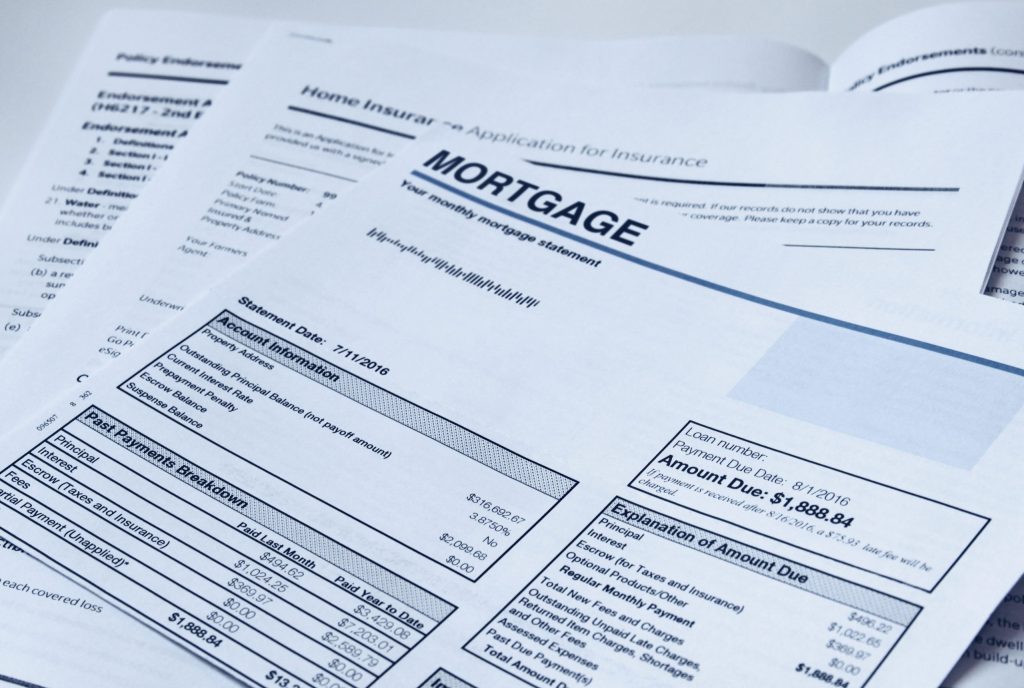Why Are Texas Property Taxes So High?

Here’s what you need to know about why Texas property taxes are often so high:
- Texas’ growing population and lack of income tax drive up property taxes as the need for more infrastructure grows.
- Property taxes fund local services such as public schools, infrastructure maintenance, and public safety initiatives. The budgets of these entities continue to grow due to inflation and population growth.
- Potential errors in property value assessments also contribute to higher property taxes by overvaluing properties.
- To lower your property taxes, apply for applicable exemptions and protest assessments annually, with expert assistance from Gill, Denson & Company.
How Are Texas Property Taxes Calculated?
Texas property taxes are determined by the county appraisal district (CAD), which typically assesses properties annually. Various taxing entities like schools and counties set tax rates expressed as a percentage of the appraised value. Your property’s assessed value is multiplied by these tax rates to calculate your tax bill. Because CADs often use mass appraisal methods that may rely on incorrect or outdated data, this could result in an overinflated property tax bill.
What Do They Pay For?
There is no personal income tax in Texas, but many people say the state makes up for it in property taxes. The money collected by your county goes towards a variety of local benefits you likely use every day.
- Public Schools: A significant portion of property taxes goes toward funding your local school district. This helps provide quality education for children in your community.
- Roads and Infrastructure: Safe and well-maintained roads, bridges, and sidewalks are crucial for daily commutes and emergency services. Your property taxes contribute to their upkeep and improvement.
- Essential Public Services: From police and fire departments to libraries and parks, property taxes help fund the vital services that enhance the quality of life in your community.
Why Are Texas Property Taxes So High?
While everyone appreciates the public services funded by property taxes, it’s understandable to be concerned with rising costs. (Especially if you believe your property value may be overinflated). Here’s why your property taxes might be getting higher:
Economic Factors
Population Growth & Housing Market: Texas’ growing population and the housing market contribute greatly to increased taxes. More residents require additional infrastructure and services, which raises costs. Simultaneously, rising home prices lead to higher property values which are then used to calculate tax assessments.
No Income Tax: Unlike most states, Texas has no personal income tax. This means you’ll see fewer paycheck withholdings, but there’s a heavier reliance on property taxes to fund essential services.
Assessment Error Factors
Mass Appraisal Methods: Counties often rely on mass appraisal methods, essentially valuing many properties at once without in-person inspections. This can lead to unfair property comparisons, and crucial features or issues affecting your property’s value might be missed.
Incorrect Data: When assessing properties, CADs may be using incorrect or outdated data. This could inflate your property value above what it would actually fetch on the market.
What Can I Do to Lower My Property Taxes?
While rising property taxes can feel inevitable, there are steps you can take to potentially lower your property tax burden. One effective strategy is to apply for applicable exemptions that reduce your property’s taxable value, such as the homestead exemption or an agricultural or timber exemption. Homeowners aged 65 and older, veterans, individuals with disabilities, and those affected by government-declared disasters may qualify for additional exemptions.
While exemptions can help, they don’t address potential overvaluations in your property assessment. Protesting your property taxes annually with the expert services of Gill, Denson & Company can provide substantial savings. We’ll protest the county’s assessment on your behalf, ensuring your property is accurately valued and potentially reducing your tax bill. We use our expertise to research and present compelling evidence to support your case. You’ll only pay if we successfully help save you money!
Now that you understand how property taxes work and why they can be so high in Texas, take proactive steps to reduce your burden. Get started with Gill, Denson & Company today to ensure you pay only your fair share of taxes for your residential or commercial property.









